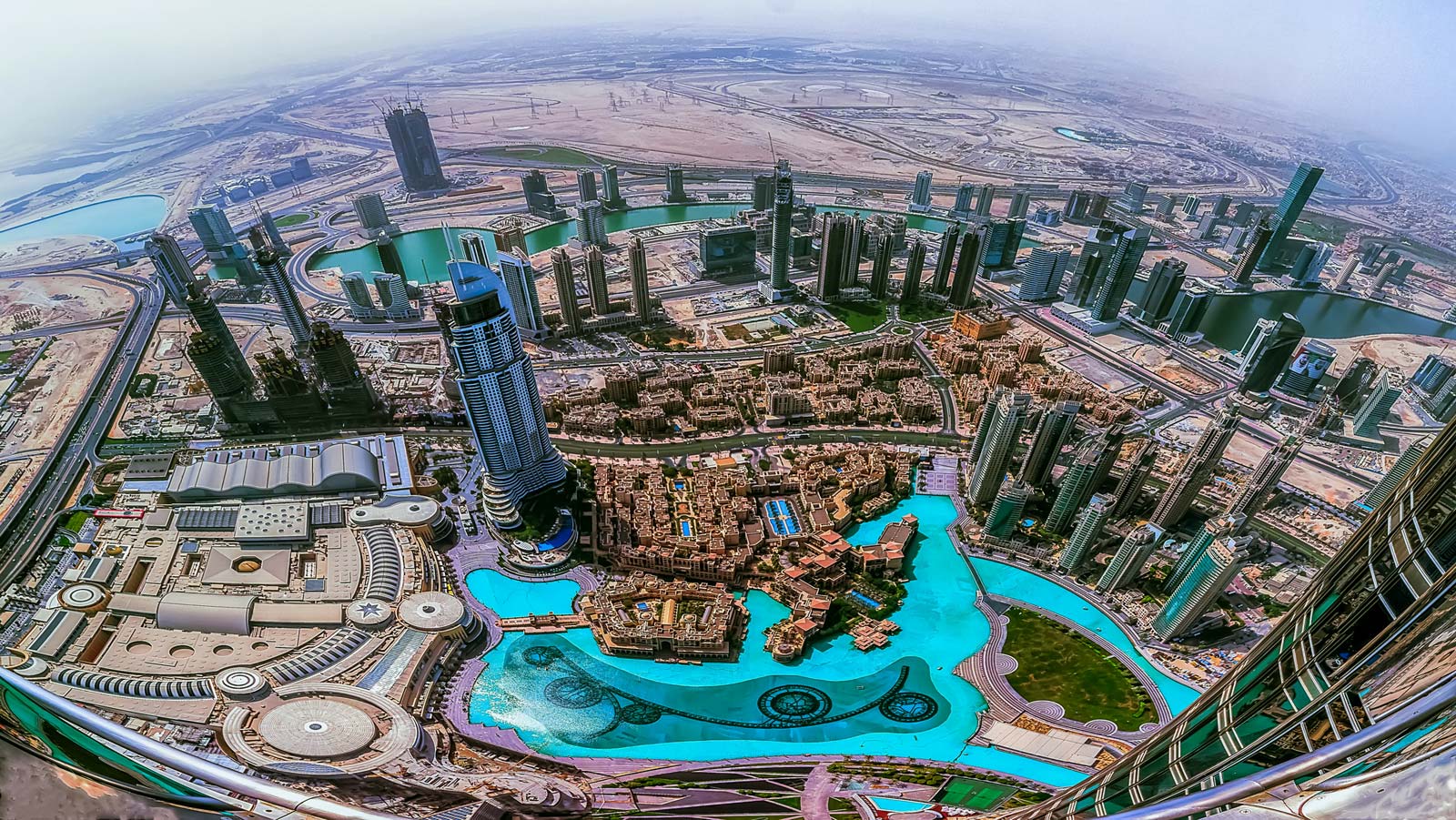Mumbai’s Chhatrapati Shivaji Maharaj International Airport (CSMIA) has announced that the airport has installed Reverse Vending Machines (RVM) to encourage passengers and the airport community to recycle Plastic bottles. This new addition will facilitate CSMIA’s commitment of incorporating sustainability in all aspects of their business and to achieve zero waste to landfill by reducing and recycling of waste. CSMIA is a single-use plastic free airport Since 2019. This initiative aims to spread awareness of recycling of single use plastic waste. The added advantages would be a reduction in indirect emission of carbon in PET bottle manufacturing process which is part of CSMIA’s drive to “Net Zero” carbon emission.
The airport emphasizes on the need to reduce, reuse, and recycle. Set into two phases, the Phase I of the project three RVMs have been installed at Terminal 2 and three more will be installed at Terminal 1 in the second phase. The machine, each of which has the capacity to accept and compress 450 bottles per hour and can compress about 70% of the waste so that it can be easily transported to recyclers thus saving key resources, emissions & cost liable for transportation and logistics. In 2019, CSMIA initiated the plastic ban in all its logistics and operations including retail, Food & Beverages, and partner airlines processes. Implementation of this initiative made CSMIA 100% single-use plastic free. Moreover, in the long run the RVMs will help reduce carbon emissions by approximately 125 tCO2e annually, with about 85 tons of allowed PET water bottle waste being recycled.
Speaking about this,, CSMIA’s spokesperson said, “At CSMIA we take pride in our values, Customer focus and Passion for excellence, all this by keeping sustainability as our central goal. As a global airport, over the years we have implemented various path-breaking green initiatives be it with regards to carbon neutrality, utilisation of solar energy, recycling waste and generating organic compost, releasing a sustainability report as per the GRI standards, among many such initiatives. Having already initiated a plastic ban in 2019, installation of RVMs is an addition to aid in reduction of resource consumption, waste reduction, indirect carbon emissions, and every action in our fight against Zero Landfill Waste.”






